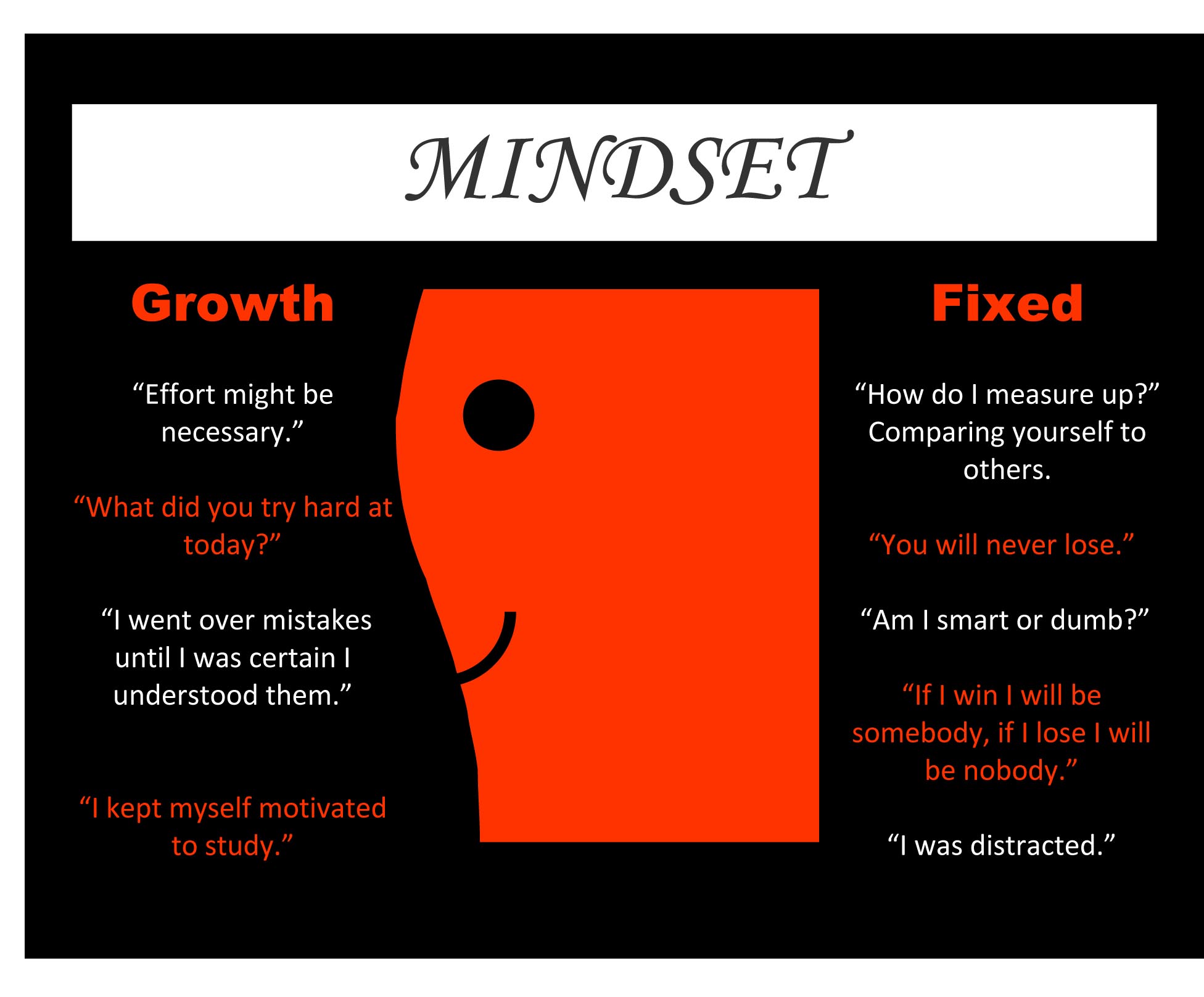 |
| Engrade Gradebook |
Quick Write: Write a well-organized paragraph evaluating your progress in this class on a 0-4 scale. (See rubric for key.) Your evaluation is an opinion, so in order for it to be credible, you MUST support it with detailed evidence and facts.
Today we will be opening Engrade accounts so that you can monitor your own progress in this class on a 24/7 basis. Engrade is also another option for messaging me. You'll have to get the handout from me with your 4-digit access code. If you are reading this from home, email me and I will email you an invitation to open an account.
To create an account, enter your assigned access code and then choose a username/password combination. Write it down someplace safe! Once you have opened your account, you can use your username and password to log in anytime and anyplace to see your up-to-the-minute classroom information on Engrade and/or to message me or other students in the class.
Your access code is:
Crotonaacademy1-student ID#-four digit code
Write down the code exactly, hyphens included.
For those of you who already opened Engrade accounts in the past, you can sign on with your old username and password. If you forgot your password, Engrade will offer you the option of re-setting it.
Students who already have Engrade accounts might volunteer to help those who are new to this electronic gradebook.
If you missed this class or need a refresher on how to sign up and use Engrade, watch this tutorial.
After you have signed on, you will have to send me a message through Engrade to earn your class work points. Explain what if anything is amiss and what your plans are for using Engrade as a learning tool.





